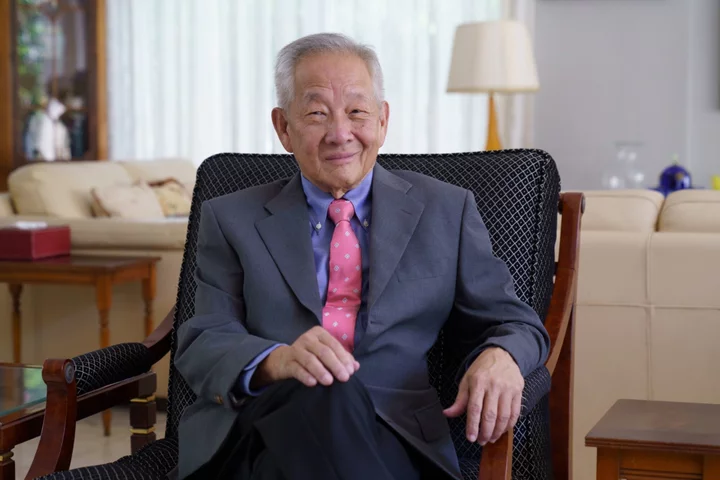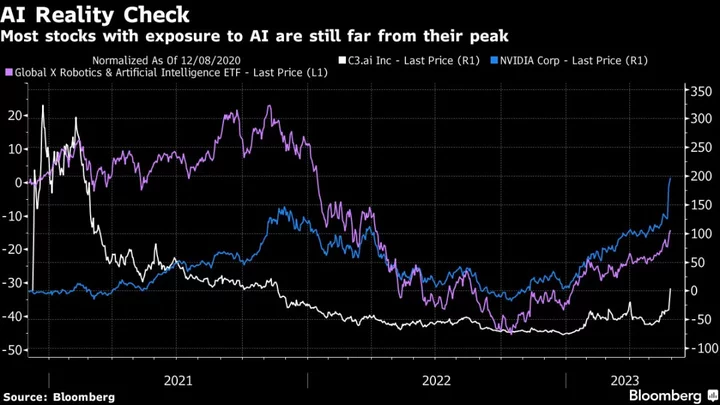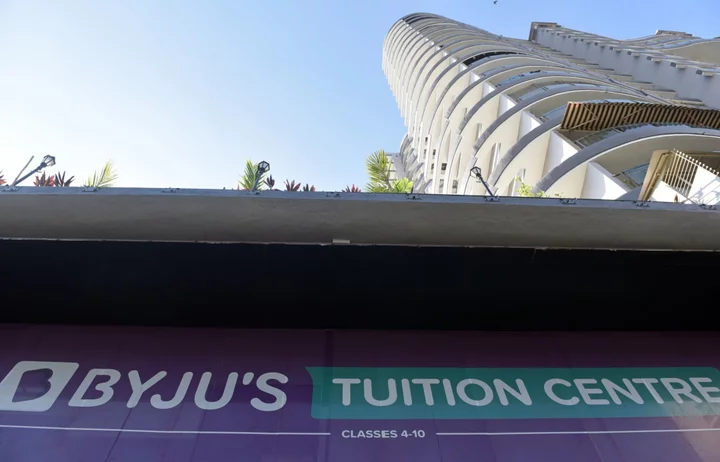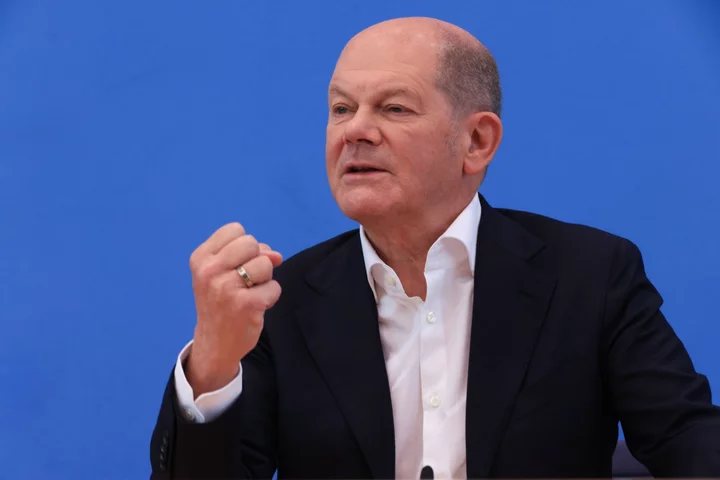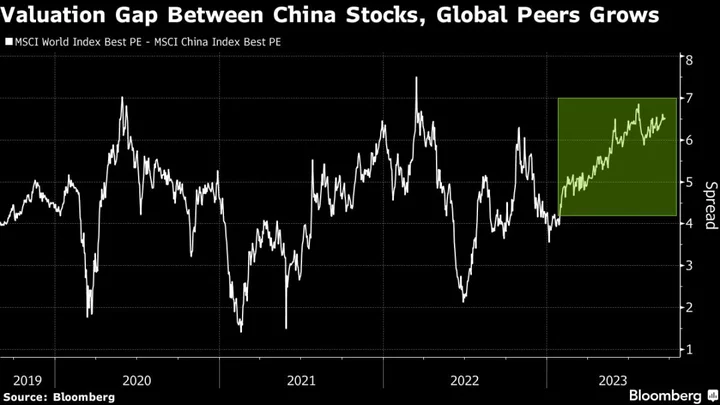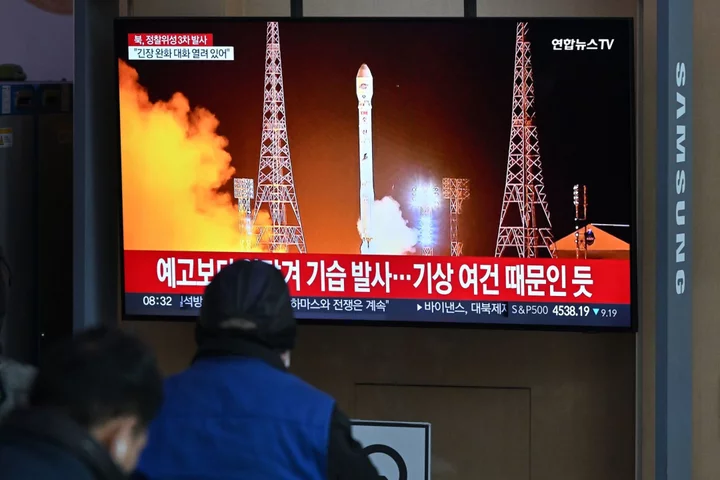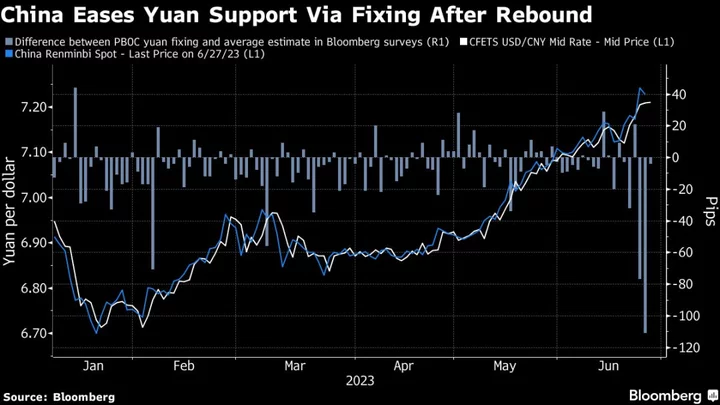Singapore will head for its first contested presidential election in over a decade in an exercise seen to weigh public sentiment at a time when the city-state had been rocked by controversies.
Singaporeans will vote on Sept. 1 for just the third time since a constitutional amendment in 1991 transformed the post into a publicly elected one. Three met the strict criteria to contest, the Elections Department said Friday. They have to be officially nominated on Aug. 22.
There were a total of six applications for the city-state’s largely ceremonial post of president. Six years ago, incumbent Halimah Yacob got the job in an uncontested exercise. Unlike in the 2017 election when only Malay candidates were allowed to seek the presidency, the poll is open to all races this time.
The president has the ability to veto any government move to draw on its foreign currency reserves and instruct the anti-graft agency to continue an investigation even if the prime minister objects.
The results will be closely watched to gauge how Singaporeans’ perceive the ruling party ahead of a general election that must be called by 2025. The People’s Action Party has been hit by a series of scandals in recent weeks, putting its reputation to test.
“The election will be an important indicator of sentiments on the ground towards the ruling party’s role in Singapore politics.” said Nydia Ngiow, managing director at strategic business consultancy firm BowerGroupAsia. There’s been “discourse over whether the presidency should go to a candidate that is endorsed by the establishment or anti-establishment.”
Here are the three eligible candidates:
Ng Kok Song, 75
A former chief investment officer of Singapore sovereign wealth fund GIC Pte., Ng Kok Song spent more than four decades working up the ranks of public service until his retirement in 2013. Ng is currently chairman of multibillion-dollar investment firm Avanda Investment Management.
Ng told Bloomberg News last month he wants to give Singaporeans a chance to vote and avoid a fourth walkover. He also said his long experience in the finance sector positions him well to safeguard the national reserves.
Having spent years working closely with Prime Minister Lee Hsien Loong, Ng acknowledged that he may be seen as “part of the establishment.” Still, he argues that a lack of direct political affiliation makes him an independent candidate. He never joined the PAP, which has ruled the nation since its independence almost six decades ago.
Tan Kin Lian, 75
Former Singapore presidential hopeful Tan Kin Lian will take another shot at the job. The former head of NTUC Income came in last of four candidates at the 2011 presidential election.
One of six children, he left school as a teenager to support his family. According to a post on his blog, he eventually became a qualified insurance actuary and was recruited to run the insurer in 1977, working there for 30 years.
If he wins the election, he said he would use the office to work with the government to bring down the cost of living — a hot button topic that has caused anxiety in Singapore.
Tharman Shanmugaratnam, 66
Before resigning his government posts to run in this election, Tharman Shanmugaratnam spent more than two-decades in office with the PAP where he rose to deputy premier and senior minister.
He was first elected member of the parliament in 2001 and had been chairman of the Monetary Authority of Singapore. He also served as coordinating minister for social policies, and advised PM Lee on the economy.
He said that if given the chance to lead he will be “thorough and impartial” in fulfilling the constitutional duties of the office with regard to the prudent use the nation’s reserves. While his competitors have been pushing their independence, Tharman has urged voters to judge candidates on their track record, instead of past affiliations.
--With assistance from Xiao Zibang and Michael Sin.
(Adds details of the three contestants.)
Author: Philip J. Heijmans and Natalie Choy

